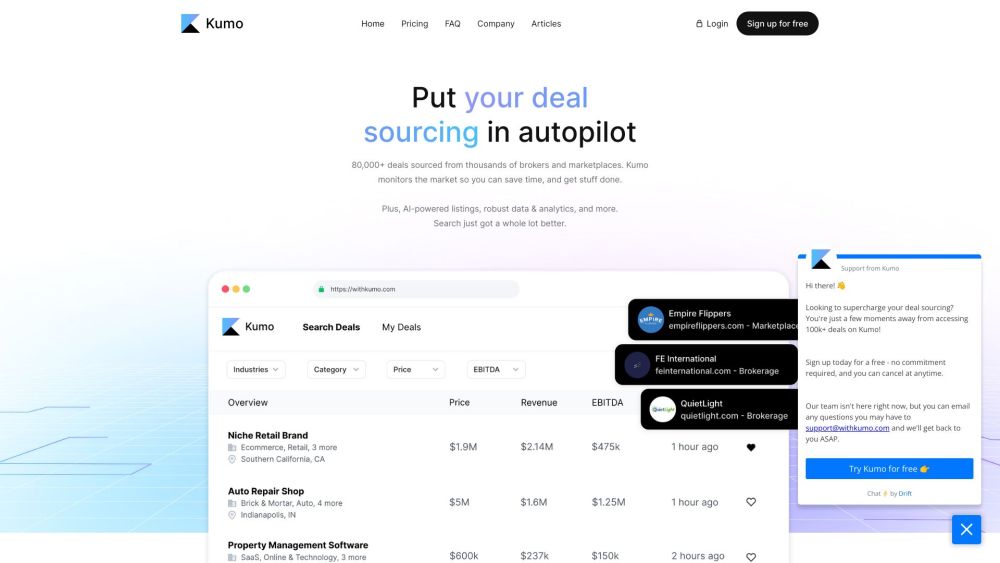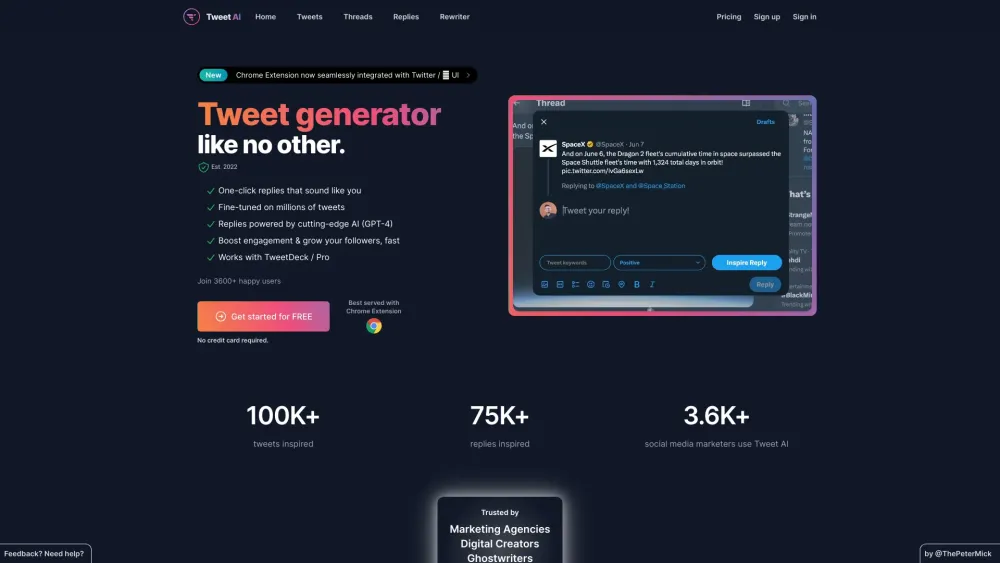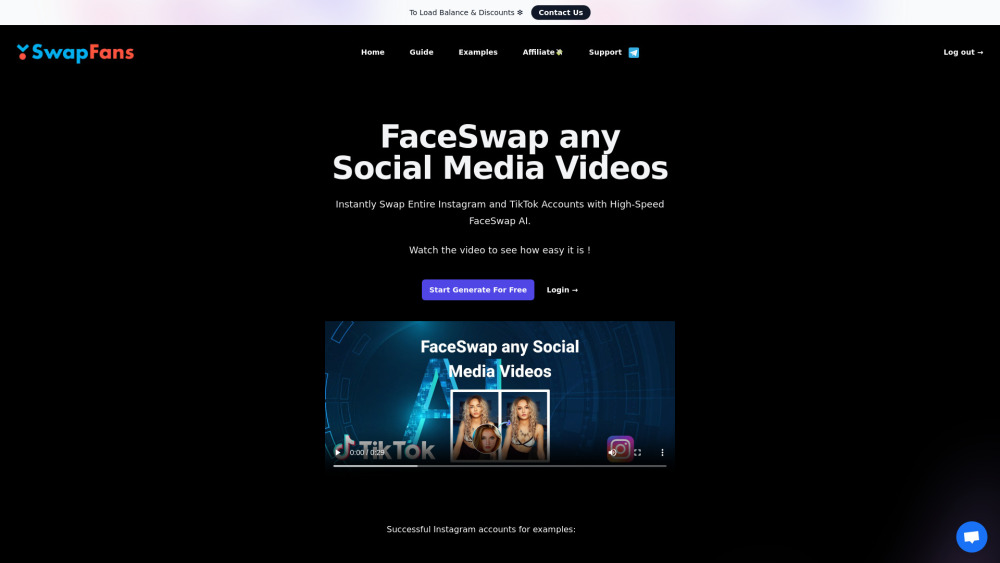Qdrant, known for its open-source vector database, has secured $28 million in Series A funding, led by Spark Capital. Founded in 2021 and based in Berlin, Qdrant aims to leverage the rapid growth of artificial intelligence (AI) by providing developers with an open-source vector search engine and database. This technology plays a crucial role in generative AI, which relies on establishing connections between unstructured data—such as text, images, and audio—that lacks organization, even when being processed in real-time applications. According to Gartner, unstructured data now constitutes around 90% of new enterprise data and is growing three times faster than structured data.
The vector database sector is thriving. Recently, Weaviate raised $50 million for its open-source vector database, while Zilliz secured $60 million to further its Milvus project. Chroma also received $18 million in seed funding for a similar concept, and Pinecone raised $100 million for its proprietary solution. Qdrant previously raised $7.5 million last April, highlighting the intense investor interest in vector databases and signaling its plan for significant growth.
“The intention was to initiate our next fundraising round in the second quarter of this year, but we were approached with an offer a few months earlier, allowing us to expedite our expansion,” explained Qdrant CEO and co-founder Andre Zayarni. “Fundraising and hiring the right talent always require time.”
Notably, Zayarni mentioned that Qdrant turned down an acquisition offer from a leading player in the database market at the same time they received the investment proposition. “We opted for the investment,” he said, adding that the funding will be funneled into expanding the business team, which currently consists mainly of engineers.
Innovative Technology Development
In the past nine months since its last fundraising, Qdrant has unveiled a cutting-edge compression technology called binary quantization (BQ), designed for low-latency, high-throughput indexing. This technology can reduce memory usage by as much as 32 times while enhancing retrieval speeds by approximately 40 times.
“Binary quantization effectively ‘compresses’ vectors into their simplest form—zeros and ones,” Zayarni explained. “This means that comparing vectors becomes one of the simplest CPU instructions, significantly accelerating queries while minimizing memory usage. While the theoretical foundation is not new, our implementation ensures minimal accuracy loss.”
While BQ may not suit every AI model, users can select the most appropriate compression option for their needs. Zayarni noted that they’ve achieved the best results with OpenAI’s models, and similarly positive outcomes with models from Cohere and Google’s Gemini. Currently, the company is benchmarking against models from Mistral and Stability AI.
These advancements have drawn notable clients, including Deloitte, Accenture, and perhaps most prominently, X (formerly Twitter), where Elon Musk’s xAI is developing a rival to ChatGPT, called Grok. Qdrant's role in processing real-time data for xAI remains confidential due to a non-disclosure agreement; however, it’s plausible that Qdrant is instrumental in managing dynamic data streams.
While the company doesn’t disclose its customers' specific use cases between its open-source and managed services, it highlights that startups like GitBook, VoiceFlow, and Dust predominantly utilize its managed cloud services. This approach alleviates pressure on resource-constrained companies that would otherwise handle deployment of the open-source version independently.
Zayarni emphasizes that Qdrant's open-source foundation is a critical selling point, even for clients opting for paid add-on services.
“When clients use a proprietary or cloud-exclusive solution, they risk vendor lock-in,” Zayarni remarked. “If the vendor alters pricing or other terms, customers face the dilemma of either complying or migrating to alternatives, which can be challenging in a production environment. Open-source solutions provide greater control over your data and facilitate flexibility in deployment options.”
In conjunction with today’s funding announcement, Qdrant is officially launching its managed “on-premise” version, enabling enterprises to host the database internally while benefiting from premium features and support. This follows last week’s release of Qdrant’s cloud edition on Microsoft Azure, complementing existing support for AWS and Google Cloud Platform.
Besides lead investor Spark Capital, Qdrant's Series A round also saw participation from Unusual Ventures and 42cap.




